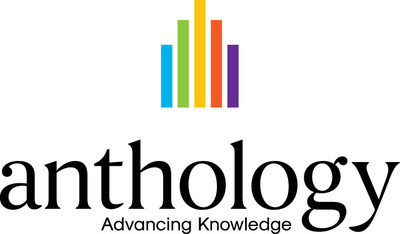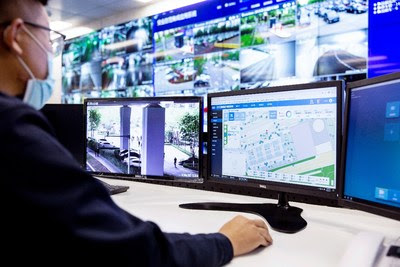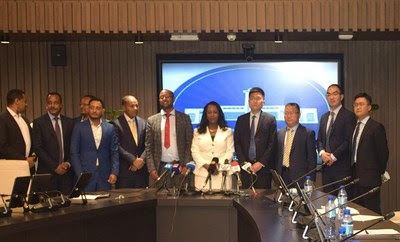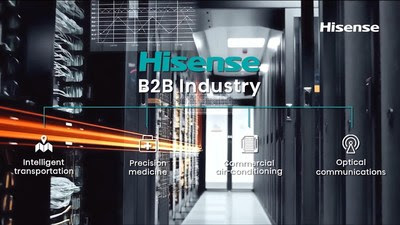HE Saeed Mohammed Al Tayer, MD & CEO of Dubai Electricity and Water Authority (DEWA), received a delegation led by Reed Blakemore, Acting Director of the Atlantic Council’s Global Energy Center. The delegation included bipartisan staff representing the US Senate Committees on Energy & Natural Resources, Foreign Affairs, Appropriations, and Environmental & Public Works, as well as the US House Committees on Energy & Commerce, Foreign Affairs, Ways & Means, Science, Space and Technology, Select Climate and Appropriations and personal office staff of those relevant committees. Al Tayer discussed DEWA’s projects and initiatives that are guided by the vision of HH Sheikh Mohammed bin Rashid Al Maktoum, Vice President and Prime Minister of the UAE and Ruler of Dubai.
The visit aimed to learn about the pioneering experience of DEWA in providing advanced and integrated infrastructure for electricity and water according to the highest standards of reliability, availability, and efficiency to meet the increasing demand and keep pace with the needs of sustainable development. The meeting also discussed bilateral cooperation and learnt about the ambitious initiatives and innovative development projects by DEWA, to help achieve the vision of the wise leadership in the areas related to water and renewable and clean energy.
The meeting was attended by Waleed bin Salman, Executive Vice President of Business Development and Excellence at DEWA; Dr. Yousef Al Akraf, Executive Vice President of Business Support and Human Resources at DEWA; and Marwan Bin Haidar, Executive Vice President of Innovation and The Future at DEWA.
Al Tayer welcomed the American delegation, explaining DEWA’s work, development and continuous progress in its services. He highlighted DEWA’s major development projects and strategic initiatives that support the Dubai Clean Energy Strategy 2050 and the Dubai Net Zero Carbon Emissions Strategy 2050 to provide 100% of the total power production capacity from clean energy sources by 2050. These projects include the Mohammed bin Rashid Al Maktoum Solar Park, the world’s largest single-site solar park using the Independent Power Producer (IPP) model with a production capacity of 5,000 megawatts by 2030; the hydroelectric power plant in Hatta using clean energy, which is the first of its kind in the GCC region; and the Green Hydrogen project that DEWA implemented at the Mohammed bin Rashid Al Maktoum Solar Park in Dubai. It is the first pilot project of its kind in the Middle East and North Africa for green hydrogen production. He also talked about DEWA’s Space-D programme that aims to improve the operations, maintenance and planning of its networks with the support of nanosatellite technology. The programme also aims to train Emirati professionals to use space technologies to enhance its electricity and water networks. DEWA’s installed capacity has reached 14,217 MW of electricity. Clean energy share in Dubai’s energy mix has reached 12.1% and is expected to reach 14% by the end of 2022.
By the end of the first half of 2022, DEWA provided its services to 1,126,121 customers, according to the highest standards of quality, efficiency, availability, and reliability.
Through DEWA Academy, DEWA’s Research and Development (R&D Centre, and DEWA’s Innovation Centre), DEWA works to refine national competencies and young talents and enhance their participation in the clean and renewable energy sector to achieve sustainable development. DEWA has adopted an integrated strategy to support and prepare Emiratis to fill all engineering, technical and administrative jobs at DEWA. DEWA continues to attract citizens who are experienced or new graduates. DEWA has agreements and MoUs with many universities, institutes, research centres and local and international companies. These include the University of California, Berkeley for a ’ ’master’s programme in Future Energy Systems and Technologies. DEWA also collaborates with Stanford University in several R&D fields. DEWA’s R&D Centre staff participate in these programmes through its membership in the Energy 3.0 programme from Stanford University.
Al Tayer explained that DEWA has plans to invest AED 40 billion in capital expenditure within five years, primarily to expand renewable and clean energy projects. DEWA has a robust infrastructure to meet the increasing demand, support the growth of the green economy, and enhance the competitiveness of the UAE in clean energy and energy efficiency technologies. DEWA has adopted the Independent Power and Water Producer (IPWP) model, contributing to a significant decrease in capital expenditure per megawatt of installed energy. Through this model, DEWA has also attracted investments of about AED 40 billion. DEWA has achieved many world records for the lowest levelised cost of solar energy and desalinated water, making Dubai a global benchmark for solar energy and desalinated water prices.
Al Tayer said that DEWA’s results surpass major European and American utilities in several indicators. In 2021, losses from electricity transmission and distribution networks were 3.3% compared to around 6-7% in Europe and the USA. Water network losses were also reduced to 5.3% compared to about 15% in North America, making it one of the lowest water losses worldwide. DEWA has achieved a new world record in electricity Customer Minutes Lost (CML) per year. Dubai recorded 1.43 minutes per customer in 2021, compared to around 15 minutes recorded by leading utility companies in the European Union. In line with its efforts to encourage the use of sustainable transport as well as consolidate Dubai’s position as a global capital for a green economy and sustainable development, DEWA provides a robust infrastructure for electric vehicle charging stations with 336 Green Chargers across Dubai. It is working to increase this number to reach over 1,000 stations by 2025.
Al Tayer said through ‘Digital DEWA’, its digital arm, DEWA is working to reshape the concept of a utility and create a new digital future for Dubai, to be the first digital utility in the world with autonomous systems for renewable energy and storage, with the expansion of Artificial Intelligence and digital services.
The visiting American delegation expressed interest in participating in DEWA’s projects, especially those related to clean energy. They were also keen on exchanging experiences, information, technologies and best international practices.
Source: Dubai Electricity & Water Authority


 , we help learners, leaders and educators achieve their goals by offering over 60 SaaS products and services designed to advance learning. Discover more about how we are fulfilling our mission for education, business and government institutions at
, we help learners, leaders and educators achieve their goals by offering over 60 SaaS products and services designed to advance learning. Discover more about how we are fulfilling our mission for education, business and government institutions at 

